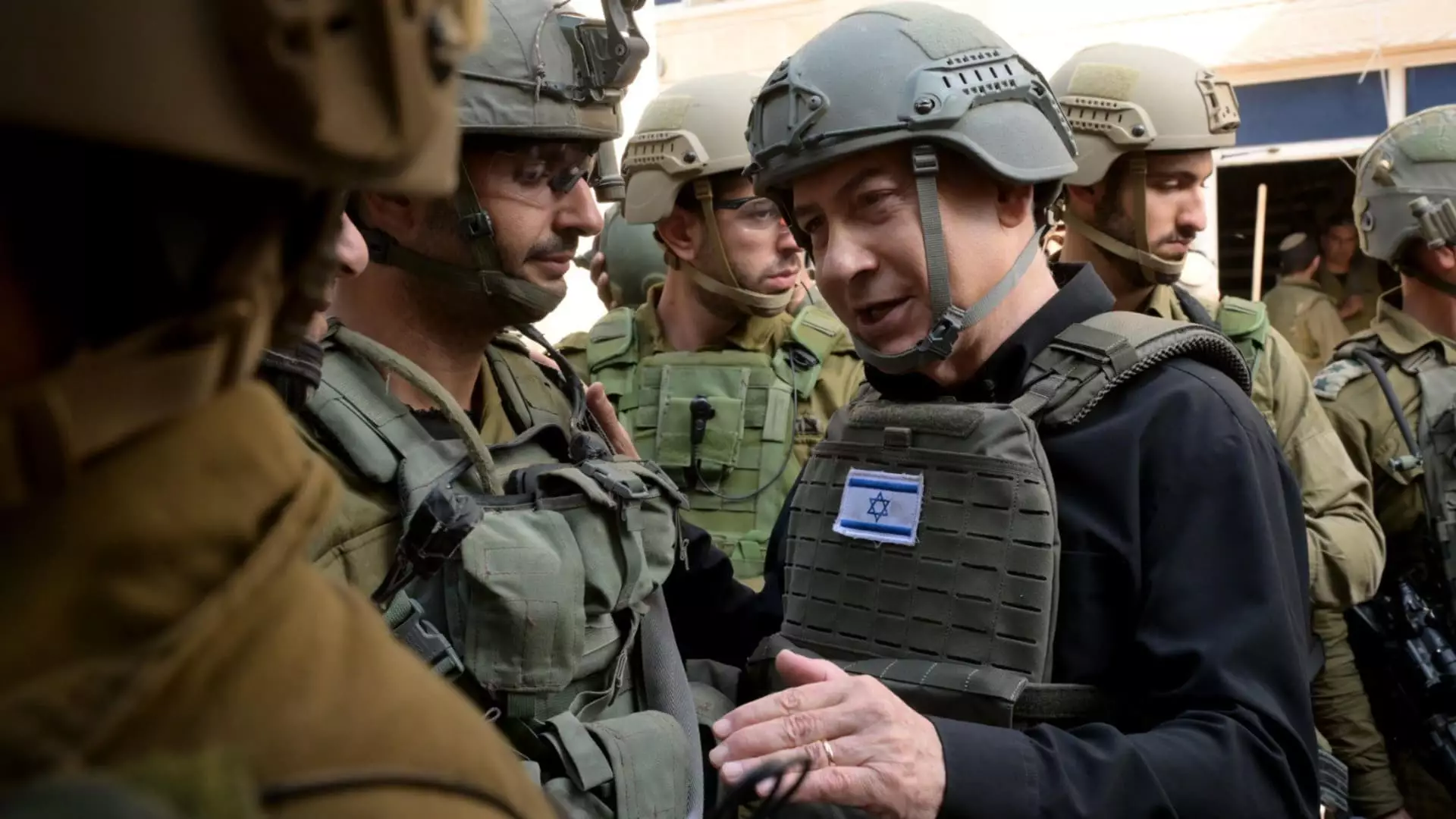The ongoing conflict between Israel and Hamas has reached a critical point, with Israeli Prime Minister Benjamin Netanyahu declaring his intention to retake control of the Gaza Strip’s border with Egypt. According to Netanyahu, this move is essential to neutralize Hamas, the Palestinian militant group responsible for infiltrating Israel and causing immense destruction. However, the Prime Minister’s approach raises several concerns and questions about the feasibility and potential consequences of such a decision.
Netanyahu’s assertion that the Philadelphi Corridor buffer zone, running along Gaza’s border with Egypt, should be under Israeli control marks a significant shift in Israel’s policy. This proposal implies a de facto reversal of Israel’s 2005 withdrawal from Gaza, which would effectively subject the enclave to exclusive Israeli control, previously governed by Hamas. While Netanyahu emphasizes the need for demilitarization, it remains crucial to evaluate the broader implications of this desired outcome.
Netanyahu’s statements about the war lasting “for many more months” indicate a prolonged and protracted conflict. This raises concerns about the potential escalation of violence and the growing humanitarian crisis in Gaza. With thousands of Palestinians killed or injured and widespread displacement, it is crucial to consider alternative approaches that prioritize de-escalation and the protection of civilian lives.
The human suffering resulting from the conflict should not be ignored. Gaza’s residents have been disproportionately affected, with the Israeli offensive displacing nearly all of its 2.3 million residents. The death toll in Gaza has reached alarming figures, with health authorities reporting at least 21,672 Palestinians killed and over 56,000 injured. The severity of these numbers calls for immediate action to address the humanitarian crisis and protect vulnerable populations.
Reports indicate that the recent fighting has been concentrated in areas such as al-Bureij, Nuseirat, Maghazi, and Khan Younis in central and southern Gaza. This intensification of hostilities demonstrates the localized nature of the conflict, which means that an all-encompassing military response may not be an effective long-term solution. It is essential to find a comprehensive and sustainable approach that addresses the root causes of the conflict to achieve lasting peace and stability.
The Role of Media and Propaganda
Both sides involved in the conflict, Israel and Hamas, have utilized media channels to advance their narratives. It is imperative to critically analyze these narratives and ensure that accurate information is disseminated. Media outlets should strive to provide objective coverage, enabling audiences to understand the complexities and nuances of the conflict rather than perpetuate biased perspectives that further fuel tensions.
The international community, represented by the United States, has called for de-escalation in the region. However, Israel has faced criticism for its approach, with President Joe Biden urging targeted operations against Hamas leaders and an end to “indiscriminate shelling.” As global tensions rise and concerns about regional destabilization increase, diplomatic efforts must be intensified to promote dialogue, negotiation, and ultimately, a peaceful resolution.
Israel’s determination to destroy Hamas and Hamas’ refusal to back down pose significant obstacles to achieving a peaceful resolution. However, it is crucial for all parties involved to prioritize the protection of innocent civilians and explore alternative avenues, such as negotiation and mediation. The use of human shields by Hamas and the disproportionate use of force by Israel must be condemned, as both actions contribute to the perpetuation of violence and suffering.
The Israeli government’s decision to retake control of the Gaza Strip’s border with Egypt raises numerous concerns and challenges. The potential consequences of this move must be carefully evaluated, prioritizing the lives and well-being of those affected by the conflict. A comprehensive and inclusive approach that addresses the underlying issues and seeks to establish lasting peace should be pursued. The international community must play an active role in facilitating dialogue and assisting in the resolution of this protracted and devastating conflict.

Leave a Reply